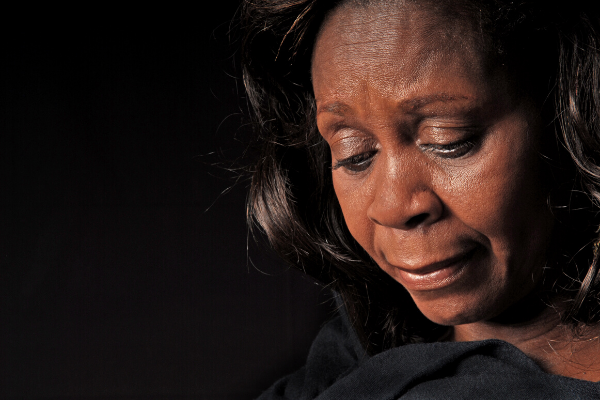A Framework for Cultivating Integration
…eriences have affected us directly; and also by innately determined neural development processes, such as genes, epigenetic controls, and toxic exposures. In other words, neural connections are shaped by both experience and by constitution to create personality. “Personality” can be described as the proclivity to travel down certain developmental pathways that directly shape selfregulation and our emotional lives. How can one state of being, or st…
Learn More








